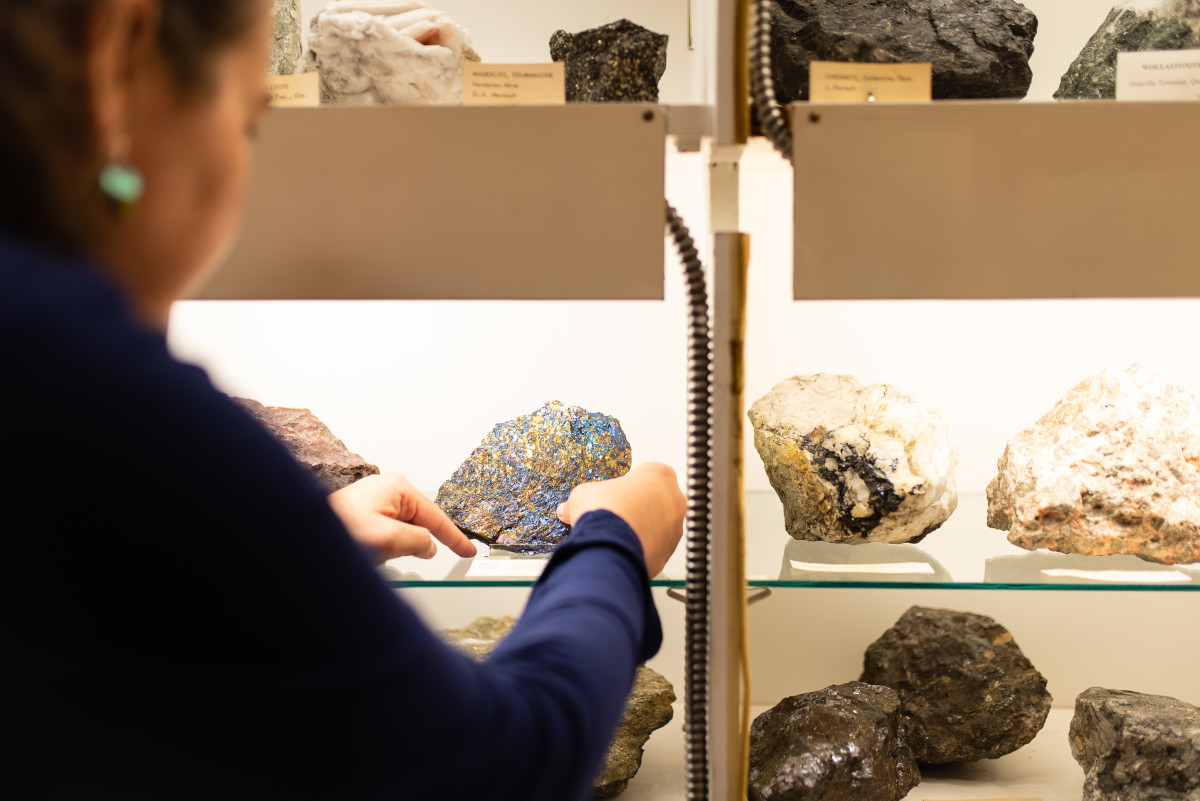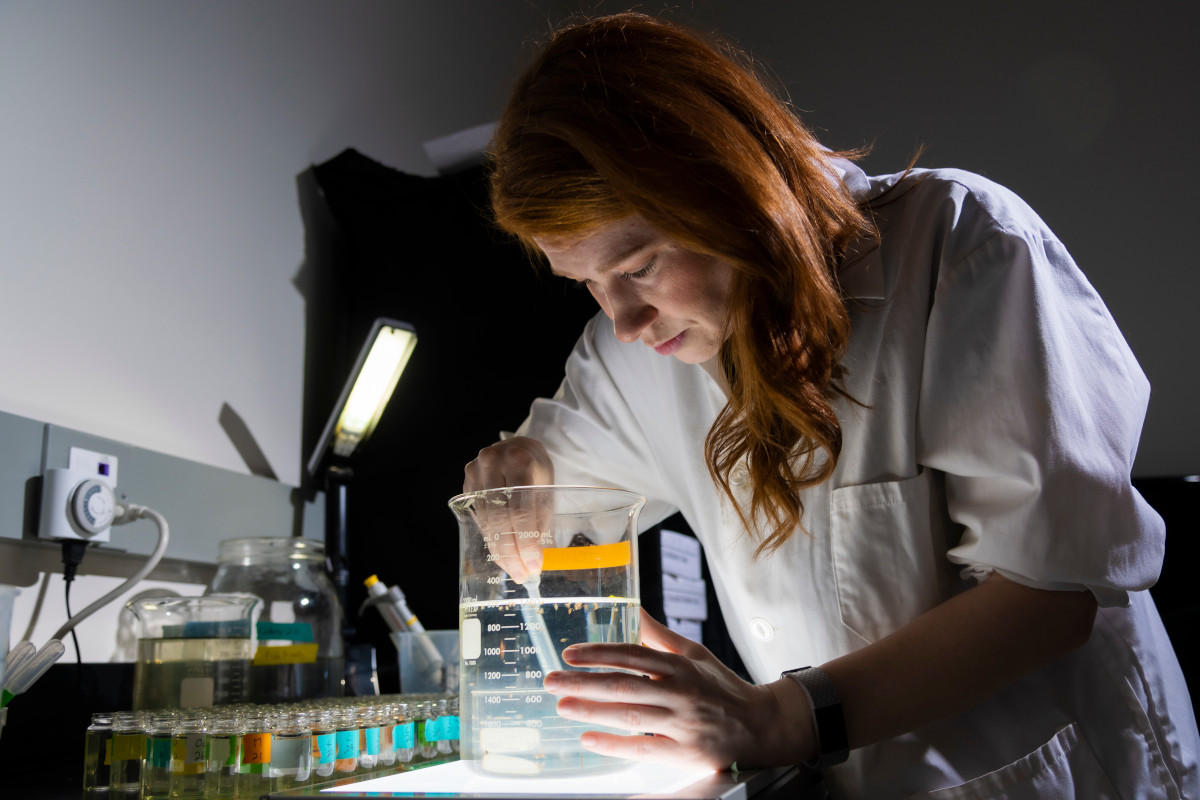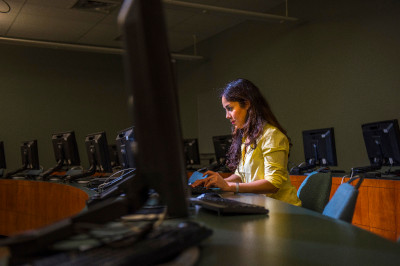
About the
Faculty of Science
Scientists are not born; they are trained—and not by just anyone.
The UAlberta Faculty of Science moulds the next generation of ground-breaking researchers, technicians, and academics by giving our undergraduate and graduate students an unparalleled education with world-class instructors, hybrid learning environments, hands-on lab and field experience, and internship opportunities.
With research and teaching strengths ranging from artificial intelligence to paleontology or from astrophysics to quantum nanoscience and beyond, our Faculty positions our students and researchers to be ahead of the curve, allowing them to shape the future of science.
More facts at a glance about the UAlberta Faculty of Science are provided below.
Join over 40,000 other scientists trained in our faculty
Click for more information about our 60 different programs in 39 subject areas
Undergraduate Studies Graduate Studies
You can also check out a faculty brochure for more information.
On this page: Student & faculty demographics | Program rankings | Departments | Degree types | Field schools & experiential learning | Museums & collections | Centres & institutes
The Faculty of Science at a glance

Who we are
| ► | 35,000+ bachelor of science graduates |
| ► | 5,300+ master of science graduates |
| ► | 3,300+ PhD graduates |
| ► | 140 countries are represented by our diverse groups of graduate and undergraduate students. |

Who we become
| ► | 44,000+ alumni living worldwide |
| ► | 25+ spinoff companies created |
| ► | 1,500+ papers published annually |
| ► | 150+ faculty members named to the Royal Society of Canada |
| ► | 20+ Canada Research Chairs |
| ► | 70+ Order of Canada Recipients |

How we are recognized
| ► | $80M+ in research funding |
| ► | 300+ employers actively recruit from our Student Internship Program (SIP) |
| ► | Top 10: The world ranking for many of our programs, including paleontology, geology, math, computing science, and more. |
| ► | Top 5: The world ranking for some of our Massive Open Online Courses (MOOCs). |
How we learn

7 departments
| ► | Biological Sciences |
| ► | Chemistry |
| ► | Computing Science |
| ► | Earth and Atmospheric Sciences |
| ► | Mathematical and Statistical Sciences |
| ► | Physics |
| ► | Psychology |

6 degree types
| ► | General |
| ► | Specialization |
| ► | Honors |
| ► | BSc / BEd Combined |
| ► | Graduate (MSc & PhD) |
| ► | Specialized graduate training programs (NSERC CREATE) |
10 field schools & experiential learning opportunities
Science is best taught by reading, seeing, and doing. As such, field experience and hands-on learning are essential for shaping students into the leading experts of scientific research & technology of tomorrow.
Browse some of our experiential learning and extracurricular opportunities below.

18 museums and collections
We have 18 museums and collections available to students, staff, and the general public to view and study. Our curated selections feature specimens of:
- fossils,
- amphibians,
- reptiles,
- drill cores,
- dried plants,
- meteorites,
- parasites, and more.

9 centres and institutes
We have 9 centres and institutes devoted to relevant, cutting-edge research in various areas, including:
- artificial intelligence,
- space,
- environmental observation
- geophysics,
- mathematics,
- climate change, and more.
More about our faculty
